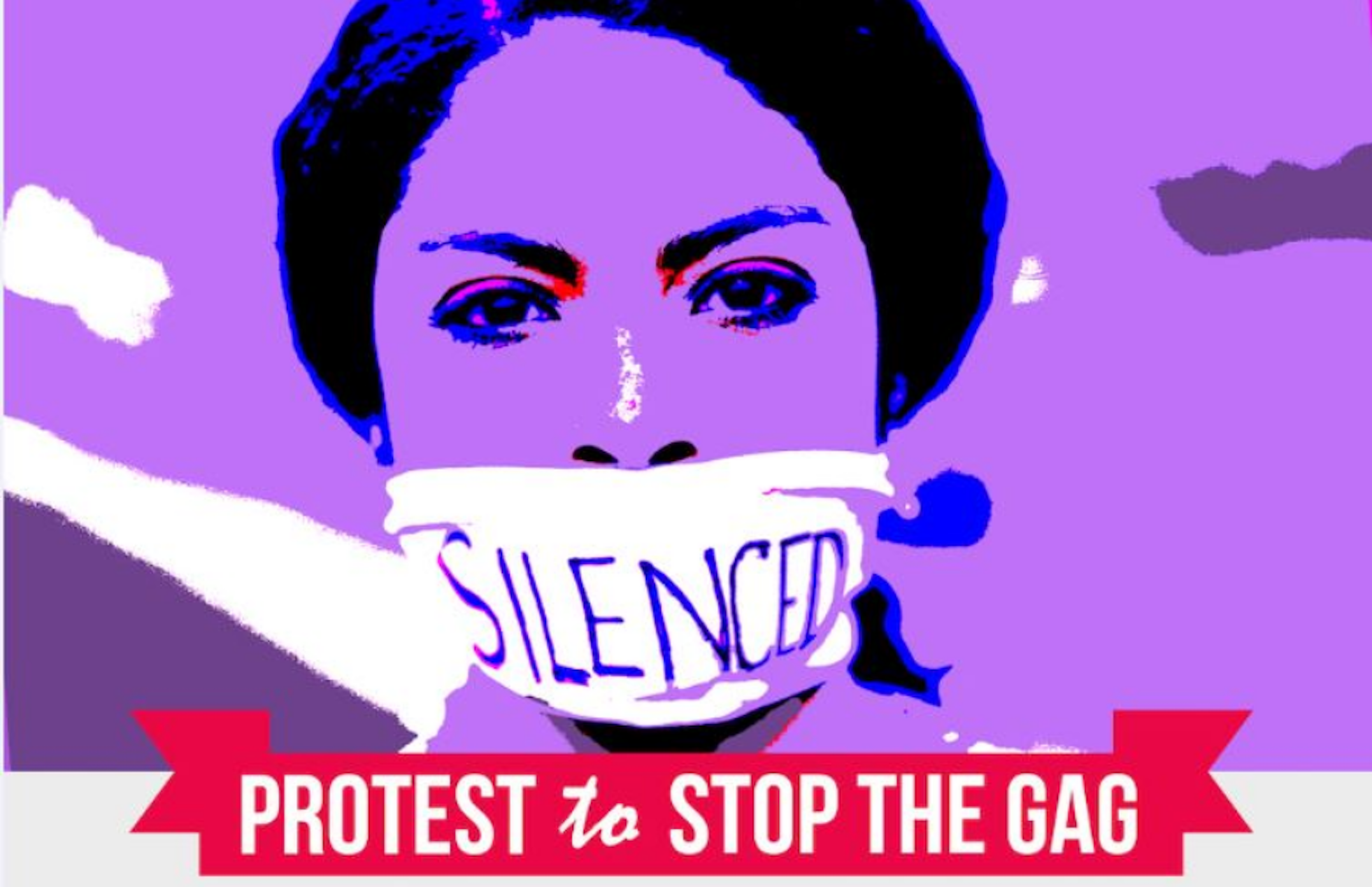Abortions Rise Worldwide When US Cuts Funding To Women’s Health Clinics, Study Finds
/Image via Humanosphere
See update at end of article regarding new lawsuit filed against the Trump Administration.
By Yana Rodgers, Professor of Labor Studies, Rutgers University. First published on The Conversation
Fulfilling Republican efforts to “defund Planned Parenthood,” the Trump administration announced on Feb. 22 it would end federal funding to health providers that perform abortions.
This new ruling is the domestic version of the “global gag rule” that Trump imposed in 2017. It cuts U.S. global health funding from organizations abroad that perform – or even talk about – abortions, including the International Planned Parenthood Federation.
First implemented under Ronald Reagan in 1984, the global gag rule has been rescinded by every Democrat and reinstated by every Republican to occupy the Oval Office, reflecting the partisan nature of abortion.
Supporters of the global gag rule say defunding abortion providers will reduce abortions. However, researchers from Stanford University in 2011 found that this U.S. policy actually made women in sub-Saharan Africa twice as likely to have an abortion.
Gag rule increases abortions in Latin America and Africa
My new study, published in November 2018, confirms those findings in Africa and shows that the global gag rule had an even greater effect in Latin America.
Analyzing abortion data from 51 developing countries between 2001 and 2008 – which encompassed the reproductive decisions of about 6.3 million women – I found that women in Latin America were three times more likely to have an abortion while the global gag rule was in effect.
Reflecting this impact, the percentage of pregnancies in Latin America that ended in abortion rose from 23 percent in 1994, under the Clinton administration, to 32 percent by 2010, after two terms of the Bush administration.
In the United States, where abortion is legal nationwide, about 18 to 23 percent of pregnancies end in abortion.
How a US law hurts women abroad
Funding cuts under the global gag rule cause health care staff reductions, clinic closures and contraceptive shortages. Without family planning counseling and birth control, there are more unintended pregnancies – and, consequently, more abortions.
Numerous studies confirm that making abortions harder to get doesn’t stop them from happening. It just makes them less safe, because the procedure is not necessarily performed in sterile facilities by qualified doctors.
Latin America, a heavily Catholic region, has the world’s most restrictive abortion laws. Six countries, including Honduras, Nicaragua and El Salvador, completely ban abortion. Others permit it only in extreme cases like rape, incest or maternal health.
Latin America also has the world’s highest rate of illicit abortions, according to a 2017 study in The Lancet. Seventy-five percent of all abortions in Latin America are performed illegally.
Since Trump reinstated the global gag rule in 2017, health workers in developing countries have reported drastic reductions in the availability of contraception, teen sex education and family planning services.
If the U.S. follows this trend, the domestic gag rule will soon push abortion rates up domestically, too.
Followup from Anne:
American Medical Association, Planned Parenthood Sue Over Trump's 'Gag Rule' on Family Planning Clinics TIME Magazine
On Tuesday March 5, 2019 the American Medical Association and Planned Parenthood jointly filed a federal court lawsuit chalenging a new domestic Trump Administration rule that impacts family-planning money. Simply stated, the proposed new guidelines seek to defund family-planning grant money to any organization that is also an abortion provider. For decades federal funds cannot be used to reimburse any organization for actual abortions. Now the Trump administration seeks to strike at the heart of any Planned Parenthood clinic, even though the vast majority do not offer abortion services. In doing so, the Trump Administration seeks to destroy the largest supplier of basic healthcare services — across a wide range of healthcare services noteven related to reproductive health generally — to poor women in America.

























































